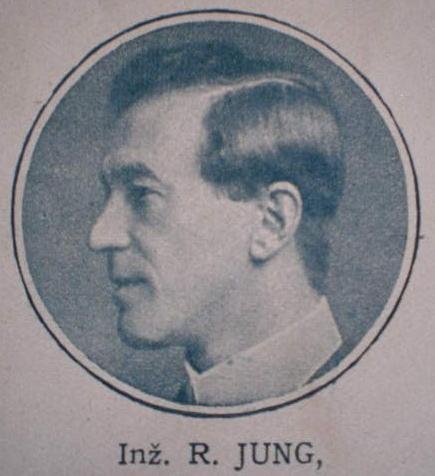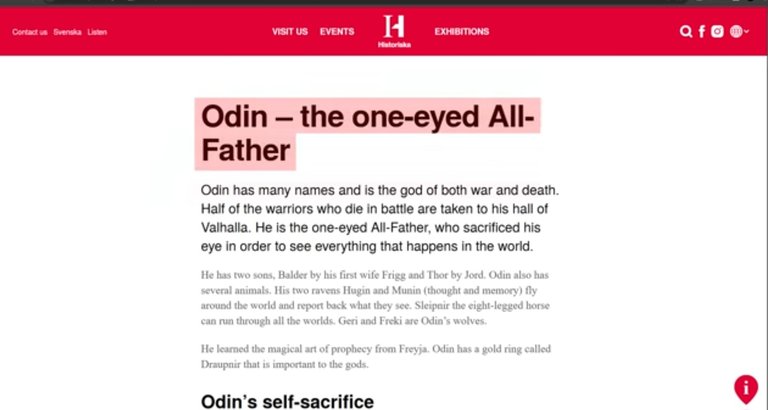The Shared Roots of National Socialism, Zionism, Marxism, and Fascism: A Deeper Look

Source: https://dbpedia.org/page/Rudolf_Jung
In a recent conversation on X, I shared some thoughts about the ideological underpinnings of National Socialism, Zionism, Marxism, and Fascism, arguing that these movements—despite their apparent differences—share a common socialist and philosophical foundation. This perspective challenges conventional narratives and invites us to explore the deeper currents that connect these ideologies. Let’s dive into this idea and unpack what ties them together, while also highlighting what sets them apart. Source: https://x.com/TaninRotzach/status/1910897967931785406?t=0tXj5n3nHoWWrOEvq7-Byg&s=19
A Common Thread: Socialism, Collectivism, and Idealism
At their core, National Socialism, Zionism, Marxism, and Fascism are rooted in leftist socialist principles. Each emphasizes state control, collective organization, and a vision of societal transformation guided by a higher purpose. Unlike purely materialist ideologies, these movements draw heavily from philosophical traditions like Gnosticism, Hermeticism, and idealism. These frameworks prioritize metaphysical or spiritual goals—whether it’s the creation of a utopian classless society, a homeland for a chosen people, or a state embodying a mythic past. Fascism, in particular, takes this idealism to a religious level, grounded in the actual idealism of Friedrich Hegel and Immanuel Kant. Hegel’s vision of history as a dialectical process toward absolute spirit and Kant’s emphasis on the mind shaping reality through categorical imperatives infuse Fascism with a quasi-spiritual fervor. Giovanni Gentile, the creator of Fascism and a devoted student of both Kant’s and Hegel’s writings, formalized this philosophy, viewing the state as a sacred entity that embodies the collective will, transcending individual concerns like a religious institution. Source: Gentile, Giovanni. The Philosophical Basis of Fascism. 1928. Source: Griffin, Roger. The Nature of Fascism. Routledge, 1993, pp. 44-50. Similarly, Zionism draws on Hegelian and Kantian idealism, framing the establishment of a Jewish homeland as a historical and moral necessity shaped by collective consciousness and ethical imperatives. Early Zionist thinkers like Theodor Herzl envisioned a state that would fulfill a collective destiny, blending socialist ideals with nationalist aspirations. Source: Herzl, Theodor. The Jewish State. 1896, Dover Publications reprint, 1988. Source: Avineri, Shlomo. The Making of Modern Zionism: The Intellectual Origins of the Jewish State. Basic Books, 1981, pp. 88-100.
Marxism, too, bears the imprint of these thinkers, as Karl Marx extensively studied both Kant and Hegel, adapting their ideas into his dialectical materialism. Marx’s engagement with Hegel’s dialectics and Kant’s moral philosophy shaped his vision of history as a class-driven process toward a communist ideal, blending idealism with materialist analysis. Source: McLellan, David. Karl Marx: His Life and Thought. Harper & Row, 1973, pp. 25-40. This shared commitment to collectivism and state-driven change reveals a surprising unity beneath the surface-level conflicts of these ideologies. While Marxism champions class struggle, Fascism exalts the nation as a spiritual ideal, Zionism pursues its vision of a homeland, and National Socialism fuses racial ideology with mysticism, they all envision the state as a tool for reshaping reality according to an idealized vision. Source: Sternhell, Zeev. The Birth of Fascist Ideology: From Cultural Rebellion to Political Revolution. Princeton University Press, 1994, pp. 3-15.

Source: https://www.businessinsider.com/a-golden-swastika-disc-oldest-known-reference-odin-valhalla-2023-3
National Socialism’s Unique Anchor: Odin and Völkisch Mythology
While these ideologies share common ground, National Socialism stands out in one striking way: its deep connection to Völkisch mythology and the Norse god Odin. Unlike Marxism, Fascism, or Zionism, which remain largely secular or abstract in their symbolism, National Socialism weaves Germanic mysticism into its socialist framework. Odin—known as the All-Father, god of war, death, and wisdom—serves as a symbolic and ideological anchor for the movement.

This connection is evident in the writings of early National Socialist thinkers like Rudolf Jung. In his book National Socialism (page 77), Jung explicitly ties Odin to the movement’s worldview, framing him as a spiritual force guiding the German people. Source: Jung, Rudolf. National Socialism, page 77, second edition, 1922. The swastika, a symbol associated with Odin in Völkisch tradition, further reinforces this link. As noted in historical sources, the right-leaning swastika represents war and death, aligning with National Socialism’s militant and mythic ethos. Source: https://www.businessinsider.com/a-golden-swastika-disc-oldest-known-reference-odin-valhalla-2023-3 Source: Goodrick-Clarke, Nicholas. The Occult Roots of Nazism: Secret Aryan Cults and Their Influence on Nazi Ideology. I.B. Tauris, 2004, pp. 35-50.
To fully grasp National Socialism’s origins, we need to look beyond its later associations with Hitler and explore pre-Hitler figures like Jung. These thinkers laid the groundwork for a movement that blended socialist ideals with esoteric spirituality, setting it apart from the more universal or secular tendencies of Marxism, Fascism, or Zionism. Source: https://www.britannica.com/topic/National-Socialism/Historical-roots
Why This Matters: Seeing the Bigger Picture
So, what’s the takeaway? My broader point is that National Socialism, Zionism, Marxism, and Fascism—despite their unique flavors—are cut from the same ideological cloth. They share a commitment to state-driven transformation, collectivism, and philosophical idealism, often rooted in esoteric or Gnostic traditions. Recognizing these connections challenges us to move beyond surface-level differences and consider the deeper forces that shape such movements. This perspective isn’t just an academic exercise. It invites us to question how ideologies emerge, how they draw on shared intellectual currents, and how they adapt those currents to their specific goals. By tracing these threads, we gain a clearer understanding of history and the ideas that continue to influence our world.
Let’s keep the conversation going! Share your ideas in the comments or join the discussion on X here: https://x.com/TaninRotzach/status/1910897967931785406?t=rIUX-wrzcpMJFGlsJtaepQ&s=09.

For more context, check out historical sources on Odin’s role in Norse mythology: Source: https://historiska.se/norse-mythology/odin-en/
I just expanded my blog to X but couldn't fit it in one post, so i finished it on the comment section. Below are both links.
https://x.com/TaninRotzach/status/1910934150283952582?t=6l2pRNPey8lVAXEtU8TACg&s=19
https://x.com/TaninRotzach/status/1910937234523431413?t=Clh4IsuDpWkkTUqlUue_pg&s=19
You received an upvote ecency
Very interesting Reading. It's nice to see people doing some research.
Posted using MemeHive